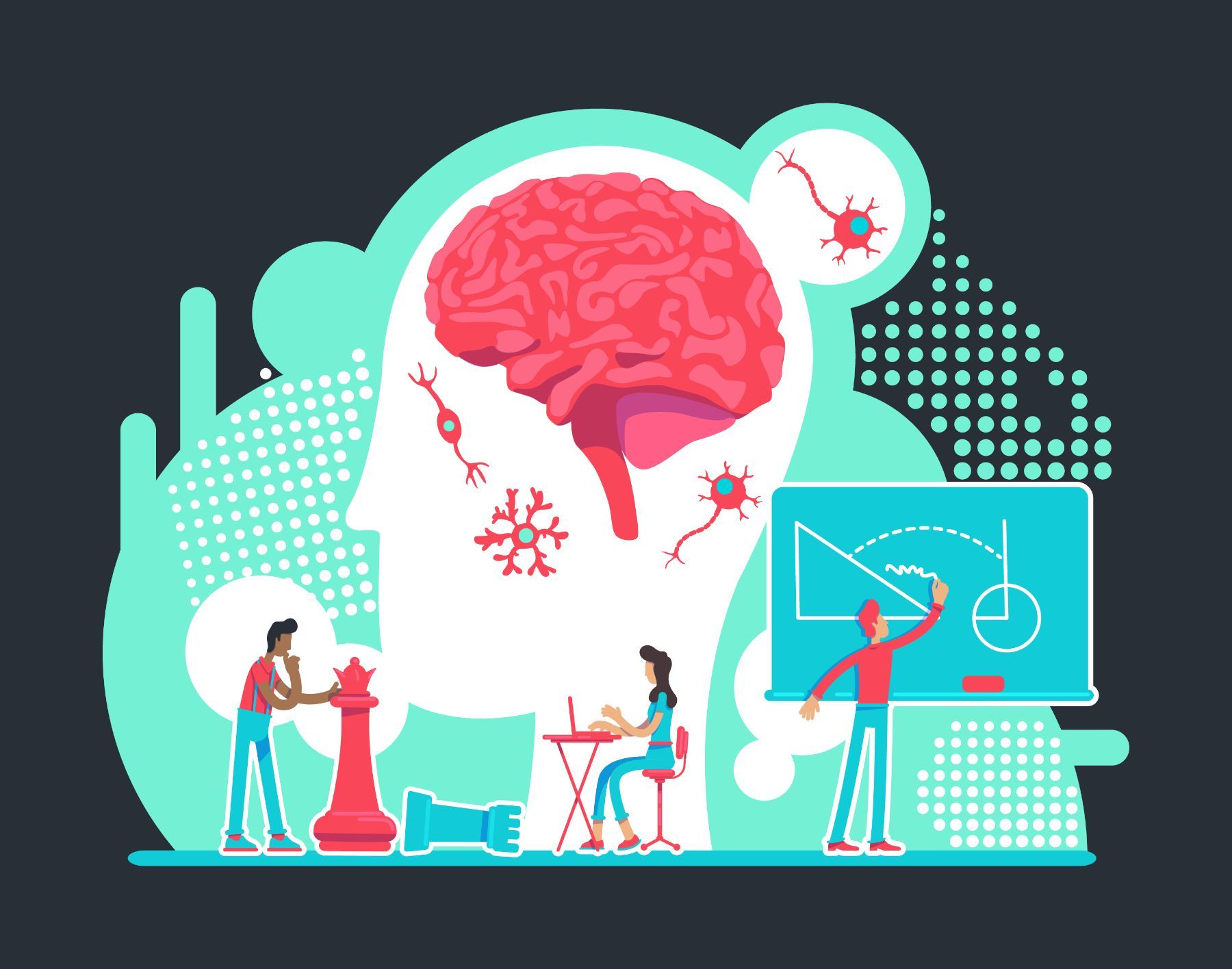Dietary Approaches to Dyslexia Show Promise
At Braini, we happily recognize both as we celebrate our female founder Troy in her work and accomplishment at Braini in discovering solutions for dyslexia. Here’s the latest research news and why it might be relevant for you.

By: Braini
Each year, October is World Dyslexia Awareness Month and also National Women’s Small Business Month. At Braini, we happily recognize both as we celebrate our female founder Troy in her work and accomplishment at Braini in discovering solutions for dyslexia. Here’s the latest research news and why it might be relevant for you.
What is dyslexia?
Dyslexia and related dyspraxia and dysgraphia are not diseases, but rather recognized conditions causing healthy people to be challenged with reading, writing, math, and certain common tasks like filling out forms, regardless of their intelligence or education level, and regardless of ethnic or socio-economic background.
Overcoming dyslexia to build your confidence and overcome learning barriers
The non-profit learning disability site LDOnline cites the Society for Neuroscience’s report that up to 43.5 million American children and adults are dyslexic. As the article pointed out, there is an enormous untapped societal potential among people who are labeled as “dumb” or “lazy” as a result of their dyslexia, and who never received specialized education to work with their learning differences and provide valuable tools for managing dyslexia effectively.
Early detection and intervention, starting at around 3rd grade, plays a vital role in both avoiding dyslexic people being stigmatized and providing them with a range of tools and techniques proven effective in working with dyslexia. It’s all about intervening with reading and writing tools that can help ‘re-wire’ the brain and, importantly, give each dyslexic person critical confidence in fulfilling his or her true potential.
Promising research results on the dietary approaches to battle dyslexia
Did you know that there are dietary approaches shown to improve dyslexia? Omega-3 fatty acid and zinc deficiencies, for example, which are known to be critical for brain development and proper neurotransmitter function, are readily addressed through our diets. Research published in the journal of the Canadian College of Family Physicians finds that, “…there is a connection between defects in highly unsaturated fatty acid metabolism and neurodevelopmental disorders such as dyslexia.”
The study authors highlight several dietary studies connecting omega-3 deficiency and dyslexia or ADHD, notably one crossover dietary study in which children with learning disabilities received either placebo or elevated omega-3 fatty acids for 3 months. The first group of children (age 8 to 12) showed statistically significant reductions in dyslexia- and ADHD-related symptoms vs placebo, and then once the cohorts were switched, the former placebo group also showed statistically significant improvements vs the initial treatment group.
Similar evidence addressing zinc deficiency has been published in medical research journals such as The Lancet. Mounting research continues to show that dyslexia, even though it has a genetically-inherited component, can be ameliorated through smart dietary approaches.
Our research at Braini
Troy Ball’s company, Braini, has pioneered and conducted a range of human clinical trials around an all-natural dietary supplement that is clinically shown to improve cognitive performance. The Braini products contain a patent-pending formula providing key peptides, plant-based omega fatty acids, and wild Canadian blueberry-based polyphenols in a balanced, safe supplement for children and adults. Braini products are FDA-reviewed (see NDIN 1137) with no objections and contain only natural food-based ingredients like Peptylin® (silk protein peptide).
In a recent clinical trial conducted with the University of North Carolina Asheville, healthy subjects aged 18 to 30 years old taking Braini improved their CNS Vital Signs Executive Function scores an average 7.8% over placebo in just 28 days.
We found that healthy dyslexic subjects who took Braini for 30 or 60 days improved their CNS Vital Signs Executive Function and Cognitive Flexibility scores by 93% and 95%, respectively.
While scores may vary depending on each unique individual and their circumstances, these results support the notion that we’re coming close to safe dietary supplemental approaches to improve cognitive performance outcomes, including among dyslexics, for whom complex shifting attention-type tasks can be especially challenging.

How You Can Participate
Braini is now recruiting healthy subjects with self-reported learning difficulties including dyslexia for a new clinical trial using a product called BrainiLex®. Selected participants can earn up to $100. BrainiLex is similar to Braini® used in the previous clinical trials, but it has added omega-3 DHA and zinc, which research indicates dyslexic individuals may have difficulty metabolizing and in which they can therefore become deficient.
The trial is a 100% at-home study. Healthy trial subjects (ages 18-80) simply take the CNS Vital Signs online test as a baseline, then they receive and take either BrainiLex or placebo (methylcellulose fiber) for 30 days, and then they follow-up with a 2nd CNS Vital Signs online test. Subjects also keep a daily journal of any notable changes in their diet or experiences while taking BrainiLex. Note: Subjects who get placebo have an opportunity to bet a bottle of BrainiLex for free at the conclusion of the trial.
*This study is currently closed, thank you all for participating!

